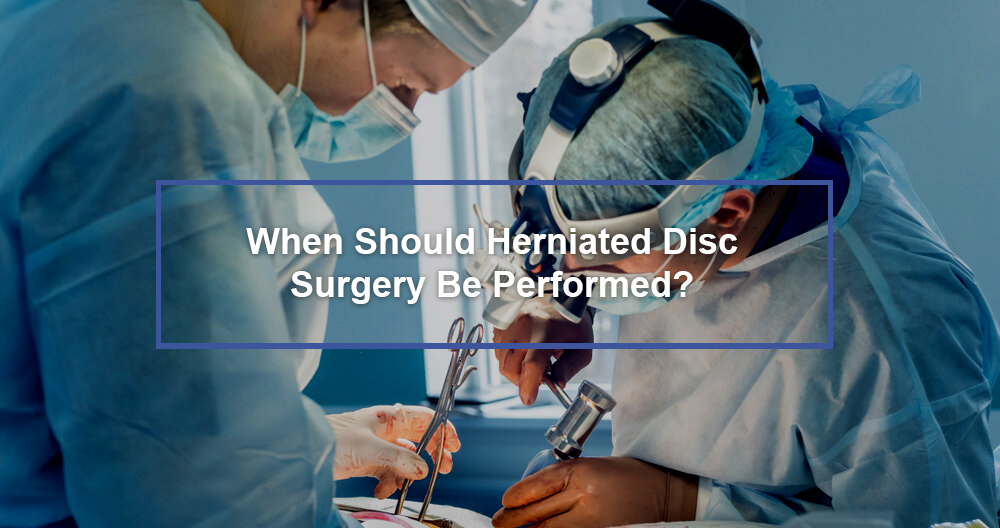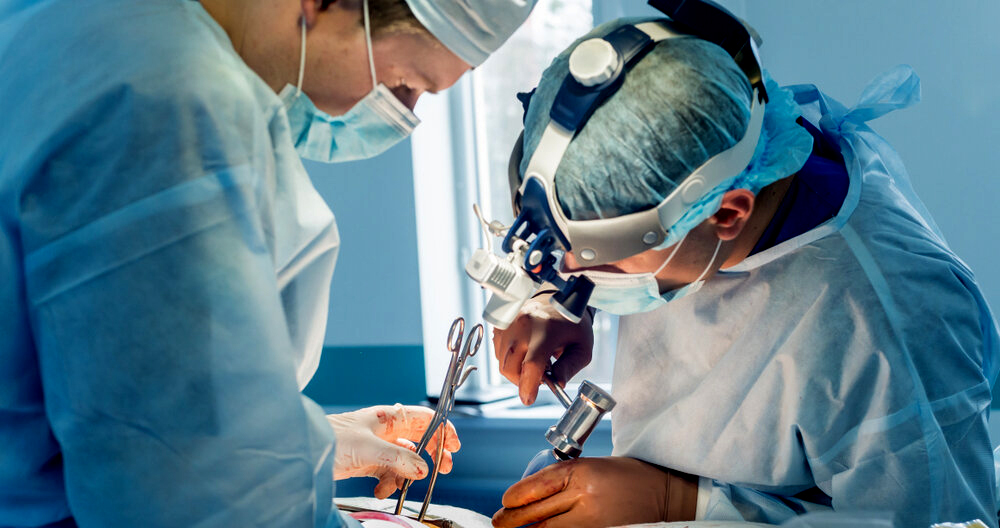
Although back surgeries are sometimes recommended, they are not always necessary. Back pain usually resolves itself within three months. The number one reason people visit a physician is low back pain. Common treatments include heat and ice therapy, anti inflammatory medication, and physical therapies.
Lumbar Herniated Disc – Do I Need Surgery?
You may be interested in speaking up or following your doctor’s instructions. This will enable you to communicate your decisions to your doctor and allow them to be discussed.
Is it necessary for back surgery?
- Bone spurs, herniated spine discs
- Open pop-up dialog box
- A herniated spine disc, or bone spurs
If you are experiencing severe pain and have exhausted all other options, then back surgery might be an option. Many people with back pain feel the pain radiate down to their legs. These symptoms can be caused by pinched nerves. Pinched nerves can be caused by a variety of factors.
- disc problems. The rubbery cushions that protect your spine from injury are known as discs. Sometimes, a herniated disc or bulging spine can get too close to the nerve. This can cause nerve pain, and disrupt normal nerve function.
- Overgrowth of bone. Osteoarthritis may be caused by excessive bone growth. These are also known spurs. These extra bones can decrease the amount of space that nerves have to pass through the openings in a spine.
The leg pain after back surgery is now less severe than ever before. People who have had back surgery often experience pain in their backs. It can be hard to determine the exact cause of back pain. Sometimes, imaging tests are done for other reasons. They reveal bulging discs and herniated bones which do not cause any symptoms.
All options
- Treat your herniated spinal cord immediately.
- Avoid surgery. Look into alternatives, such as changing your approach, medication to manage pain, physiotherapy or steroid shots.
This guide will help you make an informed decision if you suspect your low back may be suffering from a herniated or bulging disc. This guide does NOT contain information about cervical disc herniation and herniated discs within the neck.
Here are some key points you should keep in mind
- Herniated lower discs can cause low back and leg pain. Most people find that the symptoms get better with time and treatment.
- Many people can manage their symptoms with lifestyle changes, pain medication, exercise, and steroid shots. If one method doesn’t work you can try different things or combine multiple of them.
- Your pain may be relieved more effectively by surgery than with non-surgical treatment. Surgery might be an option for you if your symptoms are severe for over 6 weeks and make it difficult to continue your daily activities.
- Surgery and non-surgical treatment can be used long-term to reduce pain and other symptoms.
- Back surgery can be dangerous. Nerve damage, infection, and the chance that you will not feel better after surgery are some of the risks. Even if you feel better, there may be new symptoms.
- If your symptoms don’t improve or persist, you can decide to not proceed with surgery.
Types of back surgery
There are several types of back surgeries.
- discectomy. This procedure is used to remove the disc herniation.
- Laminectomy. This procedure involves removing bone from the spine’s back to make way for the spinal cord, and nerves.
- Fusion. Spinal fusion refers to the removal of arthritic bones. Two or three spine bones can be permanently connected with metal implants.
- Artificial discs. These devices can be made of either metal or plastic. They can be used as a replacement for the cushion between two spinal bones.
Nonsurgical Treatment of a Herniated Disc and Diagnosis
You can diagnose a herniated disc in several ways. MRIs are the most reliable method to confirm herniated disc diagnosis. Once diagnosed, you have many options for treating the condition. There are many options available for treatment of herniated discs. These include rest, non-steroid antiseptics and epidural injections with steroid steroids, physical therapy, and rest. A variety of treatments are used to relieve the symptoms of disc herniation. For people who have had no success with other options, surgery is an option.
Surgical Treatment of a Herniated Disc
If you suffer from severe or incapacitating pain, talk to a specialist in spine care. Any of the following conditions may be considered for spinal surgery.
- Conservative measures fail.
- The pain radiates from your back to your legs and buttocks. (Sciatica)
- It is permanent, and/or interferes with normal activity, quality of life.
- Progressive neurological impairments can lead to weakness or numbness of your legs.
- Standing and walking can be hard.
Rarely, disc herniations may cause bowel dysfunction or bladder dysfunction. If disc herniations occur, patients should go immediately to the emergency room. Modern surgical technology has made it possible to perform many of these procedures. This advanced approach allows you to access the affected disc with a small incision (1-2 inches). It is possible to remove the affected disc after it has been reached. This allows for the release of pressure from the spinal nerve. Patients are usually able to walk or get up within one hour after their procedure. This reduces the recovery time and allows patients to return sooner to work and other activities.
There are many kinds and styles of surgery. You will need to consider your individual circumstances such as your age, your lifestyle and the severity of your injury before deciding which type of surgery you should choose. Your spine specialist will help you decide which option is most effective.


